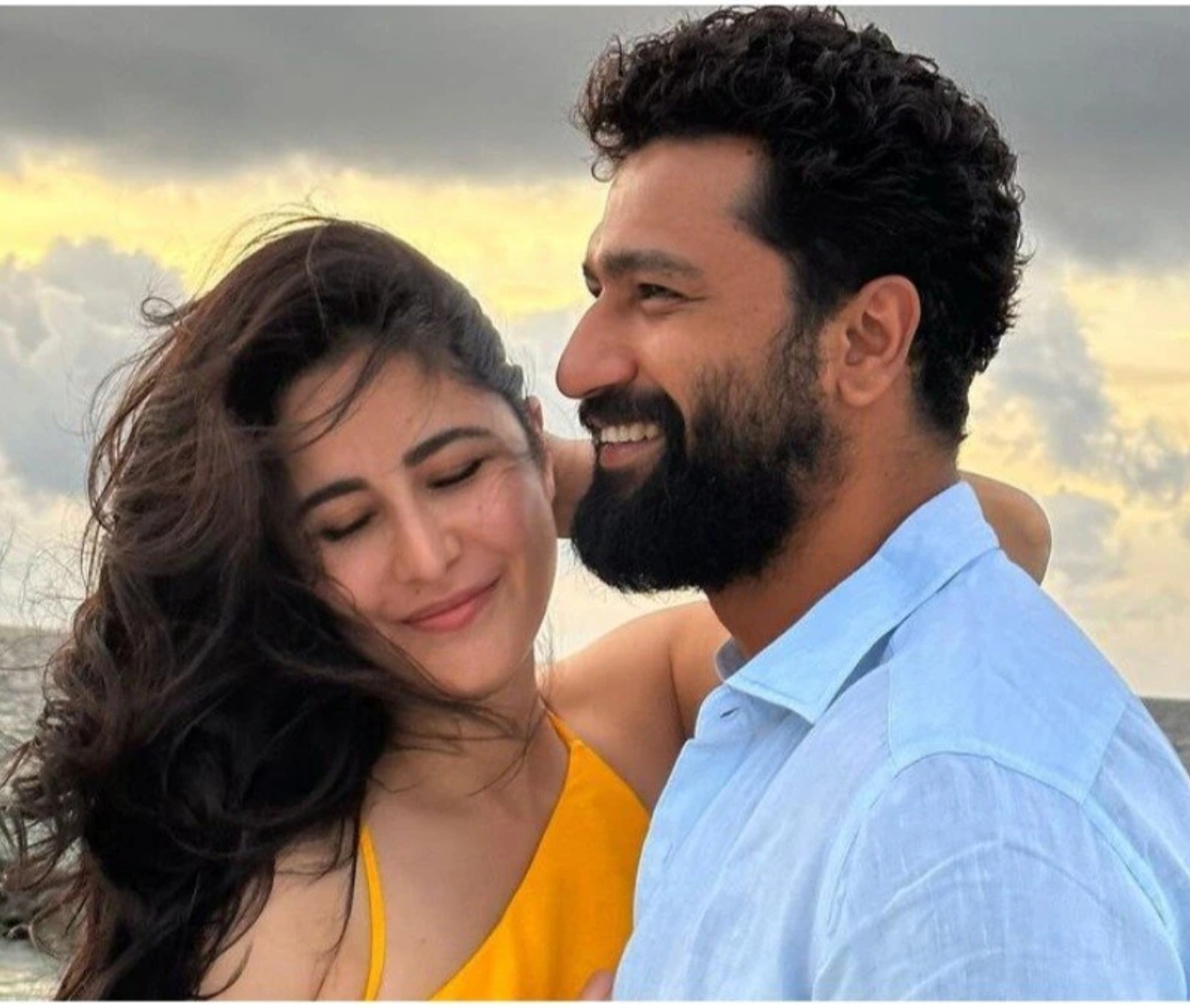The Supreme Court on Tuesday asked the Centre to respond to a plea by Safiya P M, a Muslim woman, who seeks to be governed by the Indian Succession Act, 1925, rather than Shariat law.
Safiya, the general secretary of “Ex-Muslims of Kerala” and a resident of Alappuzha, filed the petition before a bench comprising Chief Justice Sanjiv Khanna and Justices Sanjay Kumar and K V Viswanathan.
Solicitor General Tushar Mehta, representing the Centre, acknowledged that the petition raised an interesting question. “The petitioner is a born Muslim. She claims she does not believe in Shariat and considers it a regressive law,” Mehta stated.
In response, the bench remarked, “This could have implications across faiths. You will need to file a counter affidavit.”
Mehta requested three weeks to obtain instructions and submit the counter affidavit, which the bench granted, setting the matter for hearing during the week beginning May 5.
The plea was first brought before the court on April 29, 2024, when the apex court sought responses from the Centre and the Kerala government.
Safiya’s petition asserts that although she has not formally renounced Islam, she identifies as a non-believer and seeks the enforcement of her fundamental right to religion under Article 25 of the Constitution. She argued that this right should include “the right not to believe.”
Further, Safiya sought a declaration that those who do not wish to be governed by Muslim personal law should instead be governed by India’s secular laws, specifically the Indian Succession Act, 1925, for both intestate and testamentary succession.
Her plea contends that under Shariat law, Muslim women are entitled to only one-third of the inheritance, and she emphasized that a court declaration was necessary for her father to be able to bequeath more than one-third of his property to her.
The petition, filed by advocate Prashant Padmnabhan, also notes that Muslim women, under Shariat laws, are restricted in their inheritance rights. Safiya’s lawyer argued that such restrictions were in violation of the principles of equality and fairness, urging the court for a legal remedy that would allow Muslim women who no longer identify with their faith to be treated equally under secular laws.
The plea references the 2018 Sabarimala case, which affirmed that Article 25’s right to religion includes the right to choose or leave a faith without facing discrimination or civil consequences.
Safiya’s petition further asserts that the absence of protection under secular law, in her case, creates a “clear vacuum” in the statute that could be addressed by judicial interpretation.
The petition highlights a wider issue concerning Muslim women who are born into Islam but wish to leave the religion, fearing loss of inheritance rights in such cases.
It also raises concerns about the application of Shariat law in the inheritance matters of her daughter, should Safiya officially leave her religion.
Safiya’s plea challenges the lack of legal provision allowing Muslims who choose to leave their faith to be governed by secular laws, even if they obtain a “no-religion, no-caste certificate” from the authorities.
The petition calls for a judicial intervention to ensure that such individuals are not denied their fundamental rights under Article 25 due to the current legal vacuum.






















